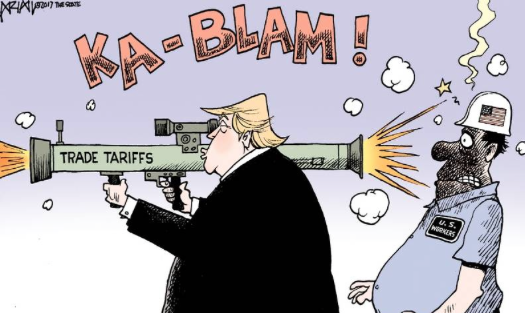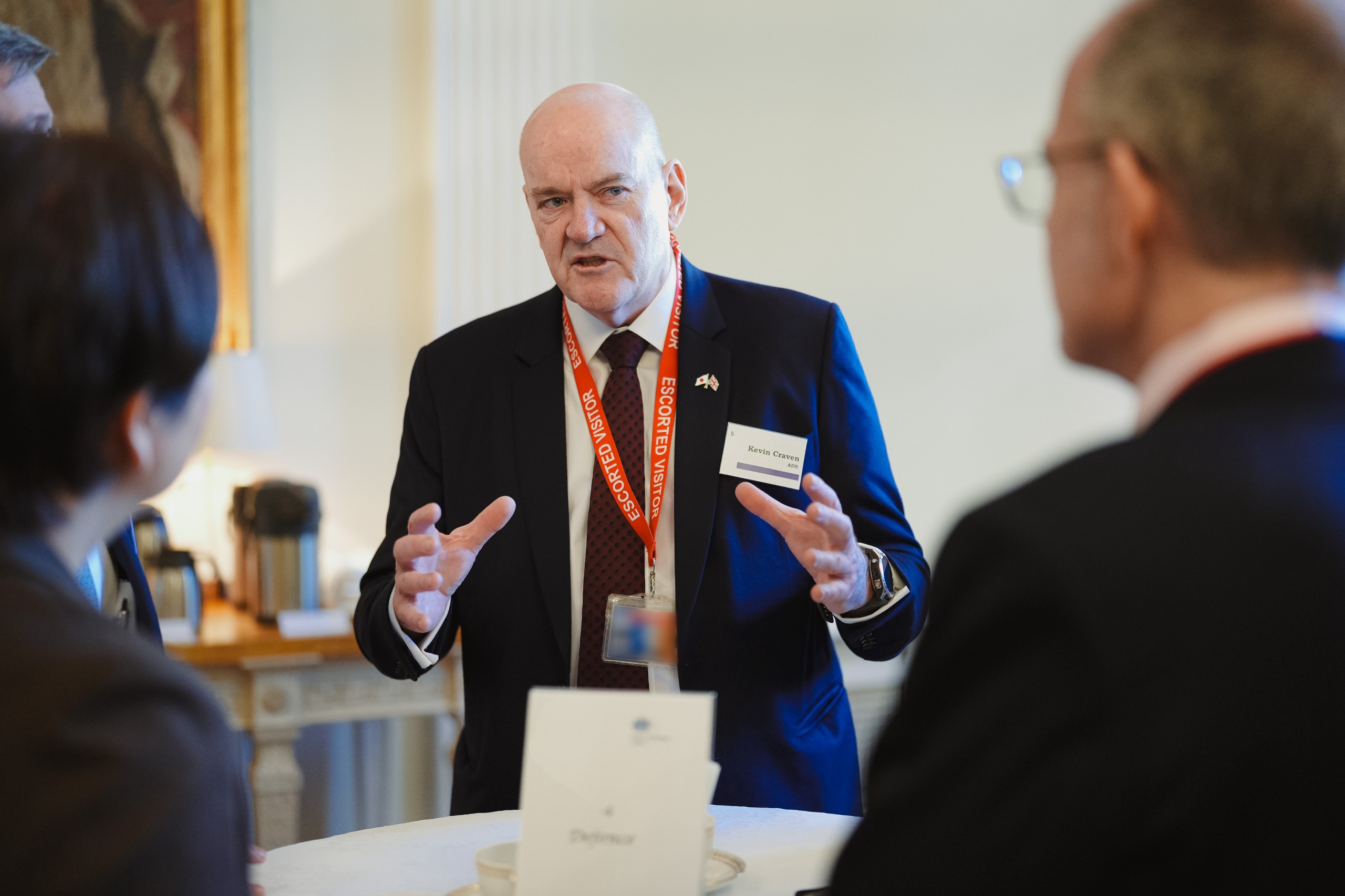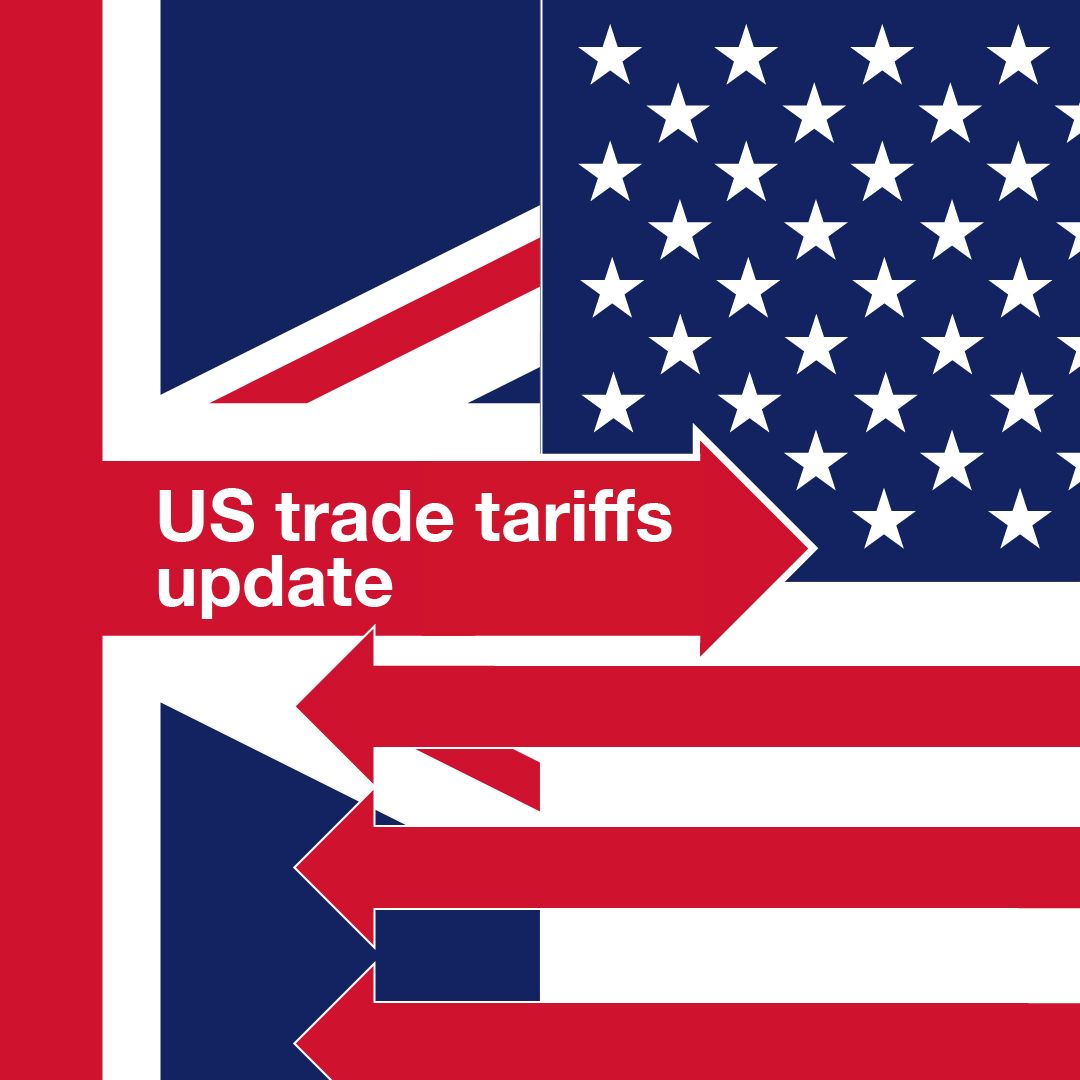
After originally exempting the EU, Canada and Mexico from steel and aluminium import tariffs, the US removed their exemptions today. All three have promised retaliatory tariffs, and the EU has referred the issue to the WTO.
What are the consequences for the UK’s aerospace, defence, security and space sectors?
In the very short-run, the US steel and aluminium tariffs will hurt US manufacturing companies most, as they will have to pay the tariff for any imported steel or aluminium they use.
Once the EU’s initial retaliatory tariffs kick in on 20th June, then UK companies and consumers will face tariffs on a range of US imports: from steel and aluminium, to Harley Davidsons and playing cards.
At that point, ADS members should be able to use inward processing relief (IP) to forgo having to pay the tariffs. (Inward processing relief allows companies to suspend any duties payable on imported goods as long as its used in a part that is then destined for export).
Bigger companies use inward processing relief on a daily basis. The bigger challenge will be for SMEs, who only just beginning to grapple with a host of customs processes as they prepare for Brexit.
The larger concern is how this tit-for-tat plays in the larger shift to protectionism and aggressive use of trade policy by Trump’s administration. In addition to steel and aluminium tariffs, the US Department of Commerce (DoC) has started investigating the potential of applying 25% tariffs against imported autos and parts, and is considering its next steps following the WTO ruling that Airbus received subsidies from the EU.
Given Trump likes to use the threat of tariffs to extract policy concessions from the US’ trading partners (eg Korea voluntarily accepting steel quotas to avoid the tariffs), there’s a very real risk that trade tensions go too far, risking lasting damage to both the global economy and the international rules-based trading regime.
With Trump set to meet his peers at the G7 summit in Canada next week, and at the NATO Summit in Brussels in July, we may have only seen the first skirmishes in a wider trade war.





